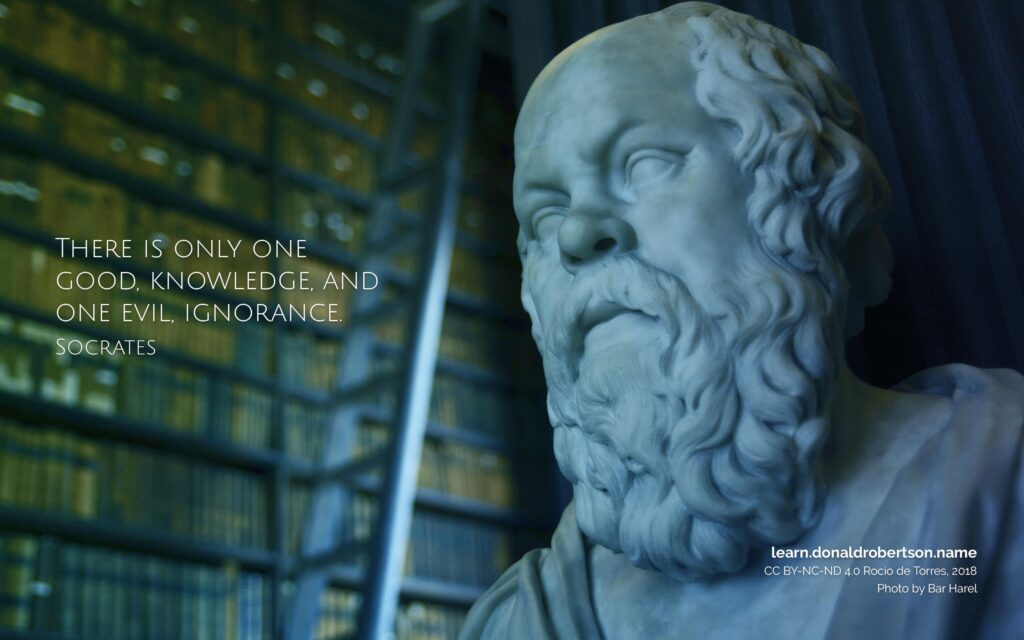Introduction
Plato was the greatest thinker in ancient Greece. He was born around 427 B.C in Stagira near Athens. Plato was the ardent follower of the great Socrates. Socrates was sentenced to death by an Athenian democratic court on charges of brain-washing the young men against the Athenian Democracy. This tragic incident led to Plato’s complete disenchantment with democracy. Here are the few reasons why Plato didn’t like the democratic system of governance. We will also discuss his ideal government.
To read Plato’s Theory of Justice in detail, click Here
To read Football(Soccer) related stuff click Here.
To read Cricket related stuff click Here.
Virtue is Knowledge by Plato

Plato ridiculed the Athenian democracy due to the lack of education in the majority of the population. He considered the government service specialized field,just like the fields of medicine,engineering etc. Plato argued that just as doctors need the basic knowledge of human body to diagnose diseases.likewise,a politician or ruler must attain the certain level of education to master his field. only a minority is capable of acquiring the qualifications necessary to rule a city. Plato,just like his illustrious mentor Socrates,considered knowledge a fundamental virtue to become a successful ruler.
Plato’s Theory of Justice

In his Magnum Opus “The Republic”, Plato has elaborated his Theory of Justice in great depth. He asserts that individual’s interests are closely intertwined with the whole community. That is why, an individual must adopt the view that the self is a part of the whole and is affected by what happens to the whole. The just ruler always pursues the interests of all,knowing that his own well-being is inalienable from that of his people. He does not crave for money or power. To him,it is enough that through his self-sacrifice he makes as a ruler,he has avoided being ruled by the lesser men.
The Great Philosopher believes that justice is an integral part of the soul .Thus to define and analyze,it requires,in a sense,a dissection of the human soul. He states that state is the individual ‘Writ Large”. An analysis of the state will also be an analysis of human nature. Plato reaches the conclusion that the establishment of a just state will eventually lead to a just society. Where everyone will get their fair share in accordance with their capabilities.
Plato’s Philosopher King

On the basis of his Theory of Justice, Plato divided the society into three broad categories according to the natural abilities of the citizens. He states that there are three basic forces that motivate men. (i) The forces of desire or appetite (ii) Forces of spirit or courage (iii) Forces of reason.
Every human being possesses these qualities in varying amount,but one of those is always predominant. The majority is motivated by appetite or desire. Fewer will be motivated by spirit or courage, but they will still be more numerous than those dominated by reason. The majority class that is driven by appetite or desire will provide the community with the basic necessities of life. The principle of specialization must be applied to prevent these artisans from acting in any other field of state activity and to stop the upper classes from performing these tasks which are the proper function of the artisans.
As we know that people and land must be defended;The state must establish a military consisting of those in whom the instinct for courage or spirit is dominant. This army will defend the state against the invaders.
The ruling elite will consist of those in whom the instinct for reason is predominant. They will serve as Philosopher Kings. They will have the greatest capacity to think philosophically and to search diligently for true principles. Under the rule of these Philosopher Kings, The Republic will flourish and become a just state.
To read more on Plato click Here.
